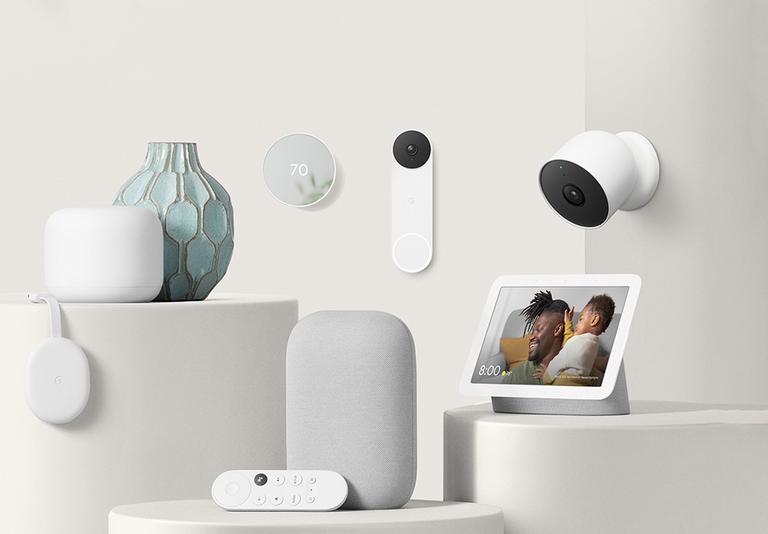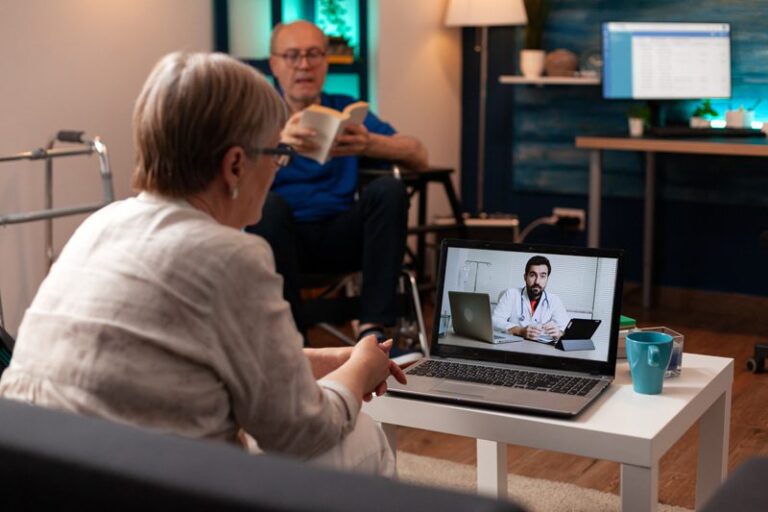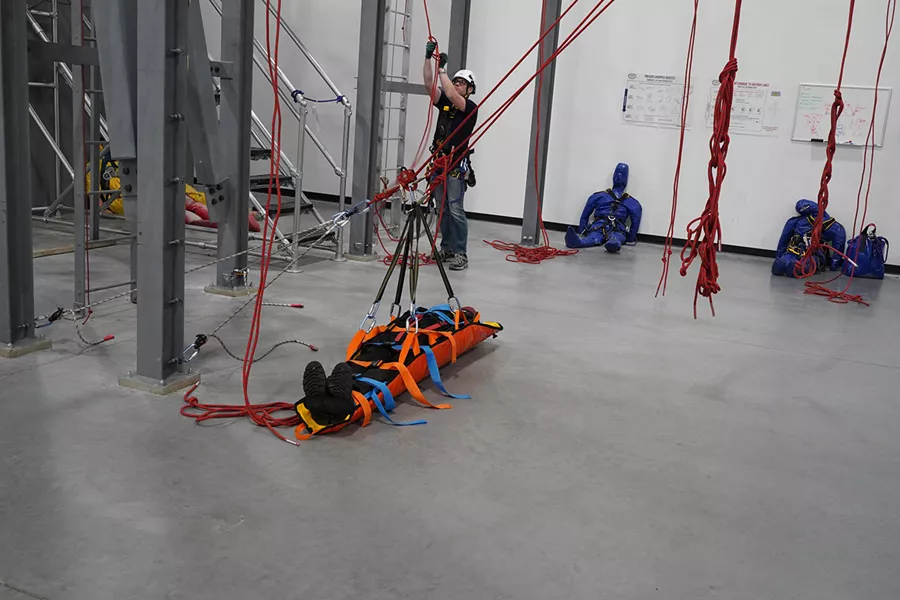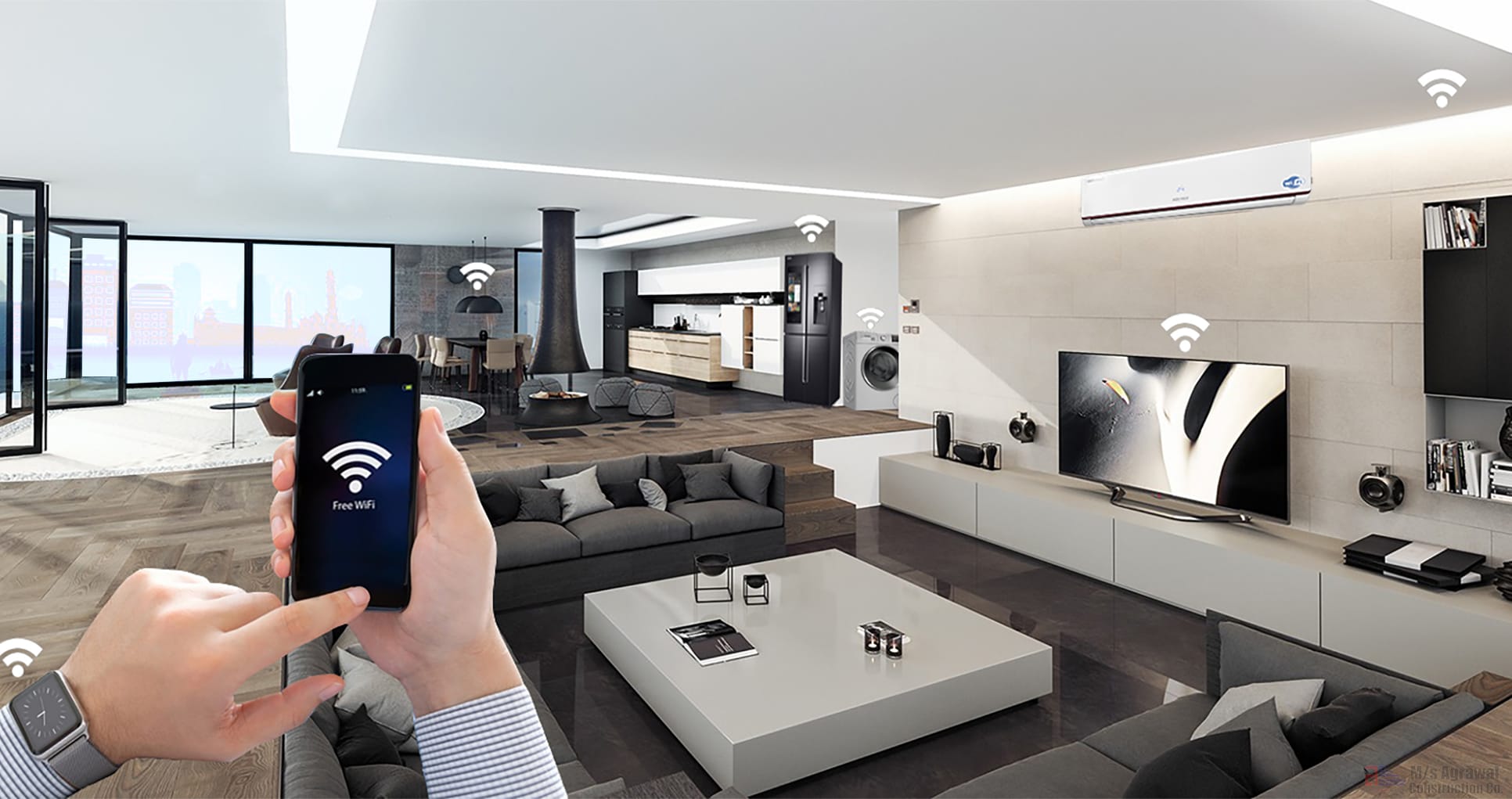In 2025, our homes are no longer just spaces for living – they’re becoming intelligent ecosystems that adapt to our needs. The rise of smart home technology has changed how we interact with our surroundings, creating a seamless blend of convenience, security, and energy efficiency. Smart home devices are at the heart of this transformation, providing us with unprecedented control and automation over our living spaces. Whether it’s adjusting the lighting with a voice command or securing your home from anywhere in the world, these devices are making everyday life more comfortable and efficient.
Enhanced Comfort and Convenience
Smart home devices have revolutionised the way we live by offering enhanced comfort and convenience. Devices like smart thermostats, lighting systems, and blinds can automatically adjust based on your preferences, saving you time and effort. Imagine walking into your home after a long day, and the lights are already on, the temperature is set just right, and your favourite music starts playing – all without lifting a finger. This level of automation is transforming the traditional concept of home, making it more tailored to individual needs and lifestyle preferences.
Boosting Home Security
One of the most significant advantages of smart home devices is their ability to improve security. With smart locks, doorbell cameras, and motion sensors, homeowners can monitor their property from anywhere in the world. These devices send real-time alerts directly to your phone, allowing you to keep an eye on any unusual activity, even when you’re on the go. Advanced security systems can even integrate facial recognition or motion tracking to further enhance protection. The peace of mind that comes with knowing your home is secure, even when you’re not there, is invaluable in today’s fast-paced world.
Energy Efficiency and Sustainability
As we continue to face the challenges of climate change, smart home devices are playing a crucial role in promoting energy efficiency. With smart thermostats that learn your daily routine and optimise heating or cooling accordingly, you can reduce unnecessary energy consumption. Similarly, smart lighting systems that automatically switch off when no one is in the room help lower electricity bills while reducing your carbon footprint. Smart home devices are designed with sustainability in mind, and their ability to reduce waste and optimise energy usage is essential for creating a more eco-friendly home environment.
Health and Wellness at Home
The integration of smart devices in homes is not only about convenience and efficiency – it’s also about improving health and wellness. From air quality monitors to smart mattresses that adjust based on your sleep patterns, these devices are enhancing how we care for our well-being. For example, a smart air purifier can detect harmful pollutants in your environment and adjust the filtration levels to ensure the air is always clean. Meanwhile, sleep trackers can help optimise your sleep cycle, ensuring you get the best rest possible. With technology advancing rapidly, the future holds even more potential for smart home devices to support our health and wellness.
Seamless Integration with Voice Assistants
The rise of voice assistants like Amazon Alexa, Google Assistant, and Apple Siri has further accelerated the adoption of smart home devices. These virtual assistants allow users to control a wide array of devices hands-free, making everyday tasks simpler and more intuitive. From turning on the lights to adjusting the thermostat or playing your favourite playlist, voice commands are becoming the most natural way to interact with your home. This hands-free control also makes these devices more accessible to individuals with disabilities, further improving inclusivity in smart home technology.
Entertainment and Personalisation
Smart home devices are not just about functionality – they also enhance entertainment and personalisation. Smart speakers, TVs, and sound systems offer immersive experiences that are tailored to your preferences. With smart TVs, you can access streaming platforms, browse content recommendations, and even control the viewing experience using voice commands. Likewise, smart speakers can sync with your home’s sound system, delivering high-quality music tailored to your tastes. By learning your habits, these devices adapt to offer a highly personalised entertainment experience that elevates your daily routines.
The Future of Smart Homes
As we move further into 2025 and beyond, the capabilities of smart home devices are set to expand even further. From AI-powered systems that predict your needs to advanced home robotics, the possibilities are endless. Smart homes will become more intuitive, anticipating your actions and preferences before you even make a request. The integration of more sustainable energy solutions, improved automation features, and smarter security measures will continue to shape the way we live.
In the next few years, the smart home of the future may be fully integrated with personal health data, allowing devices to adjust your environment based on your physical and emotional needs. These innovations are not just about making life more convenient – they’re about making life better.
In 2025, smart home devices have evolved beyond mere gadgets. They have become essential elements of modern living, enhancing everything from comfort and security to energy efficiency and personal health. As technology advances, these devices will continue to redefine our homes, making everyday living more intelligent and connected than ever before.





